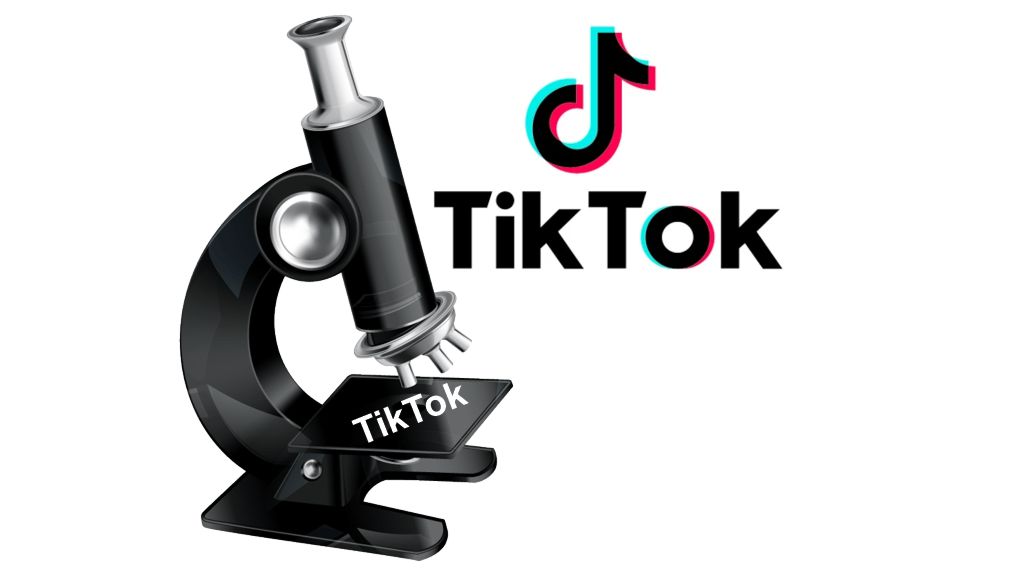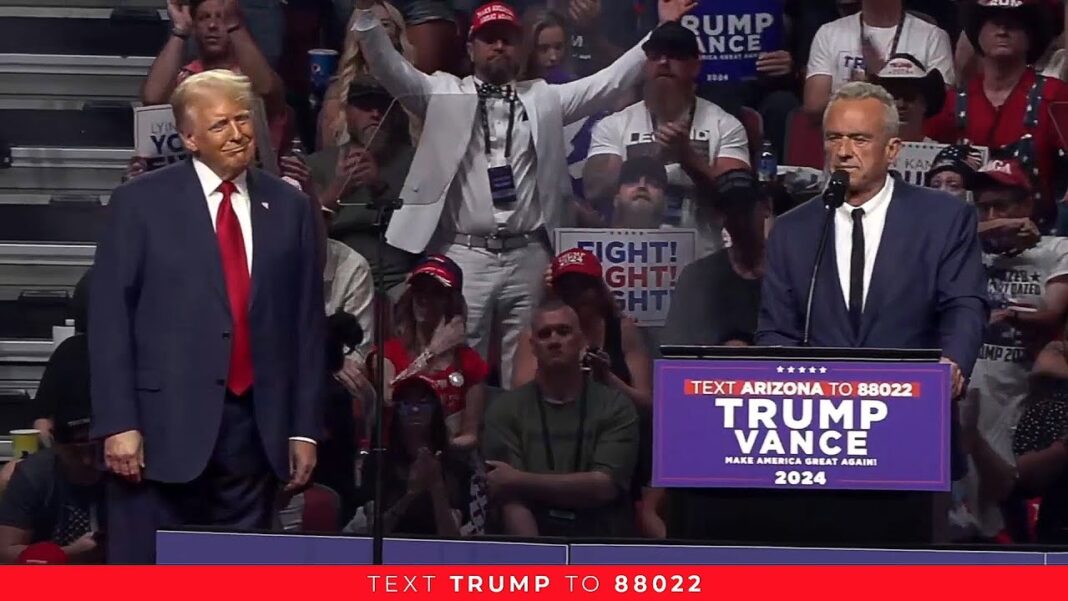TikTok Inc. and President-elect Donald Trump are asking the nation’s highest court to prevent the law from taking effect.
The Supreme Court will consider Jan. 10 if a federal law that forces Chinese tech company ByteDance to sell TikTok will take effect on Jan. 19.
The Protecting Americans from Foreign Adversary Controlled Applications Act was signed by President Joe Biden on April 24, 2024, after being approved by large bipartisan majorities in both chambers of Congress. Biden’s term ends midday on Jan. 20.
TikTok is operated in the United States by TikTok Inc., a U.S. company that Cayman Islands-based ByteDance Ltd., which has subsidiaries in China, owns indirectly.
If the required divestment doesn’t take place by Jan. 19, the law provides that the popular social media platform will be shut down in the United States.
On Dec. 13, 2024, the U.S. Court of Appeals for the District of Columbia Circuit upheld the law and denied TikTok Inc.’s request to prevent it from taking effect. The company asked the Supreme Court to intervene and on Dec. 18, 2024, the justices agreed to fast-track the case.
Echoing criticism of TikTok expressed by lawmakers on both sides of the aisle, the law itself expresses concerns that the Chinese regime may access and abuse the personal data of American TikTok users, using it to seek strategic advantage over the United States and disseminate propaganda. TikTok Inc. denies Chinese influence over its operations.
TikTok said in its emergency application to block the law that in 2023, it had around 170 million monthly U.S. users who uploaded more than 5.5 billion videos that were viewed more than 13 trillion times. Half of the views took place outside the United States. In the same year, U.S. users viewed content originating from abroad more than 2.7 trillion times.
In the application, TikTok Inc. called the law “a massive and unprecedented speech restriction,” saying it bans the company “from operating TikTok domestically.”
U.S. Solicitor General Elizabeth Prelogar argued the law was constitutional, writing in a brief that it “is entirely consistent with the First Amendment.”









